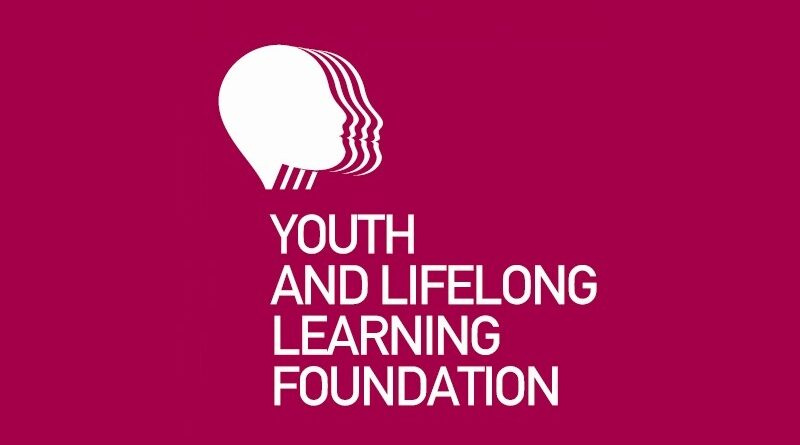Building Bridges of Inclusion & Accessibility in Youth Work
Training Course
31 March – 5 April 2025 | Athens, Greece
The aim of the Training Course is to explore intersectionality and create more inclusive and accessible spaces for ourselves and others.
Objectives:
- to increase our awareness and knowledge of the concept of intersectionality
- to reflect on our personal backgrounds and identities
- to have a better understanding of what we personally need to feel included
- to develop tools to encourage empathy and understanding as part of our everyday life and work
- to use this as a foundation to transfer it to our own work/engagement with groups to create a more balanced (safe, brave, inclusive, accessible) spaces
Methodology
The Training Course is built on the foundations of non-formal educational principles. It aims to create a safe and creative learning environment to focus on identity (e.g. gender, ability, health). The program is experiential and based on a holistic approach.
For this, we will engage with various artistic methods to foster creative expression and emotional exploration and we will use introspection to reflect on personal experiences, beliefs and feelings.
Participant Profile
This course is for:
- Youth workers and aspiring youth workers
- educators and teachers
- youth leaders
- trainers, facilitators and mentors
- project managers
and anyone working with groups who are:
- motivated to create more accessible learning spaces
- interested in exploring their identities and intersectionality
- coming from diverse backgrounds (as the project will be accessible and inclusive)
- at least 18 years old
- speaking a sufficient level of English
Team : Sarah Trochemowitz, Richárd Kiss, Anastasia Tasoula, Indrė Maršantaitė. [Training of Trainers for Erasmus+ Youth and ESC cohort 2024/2025 by SALTO Training and Cooperation]
Date & Place : The activity will take place in Athens, Greece between 31st of March and 5th of April. 31st of March and 5th of April are considered full travel days.
Process
Day 1: getting to know each other
Day 2: understanding the concept of intersectionality and our personal identities and needs
Day 3: exploring how to use this knowledge to create more balanced (safe, brave, inclusive, accessible) learning spaces
Day 4: setting goals on how to import accessibility and inclusivity competences into everyday life and work
Important to know
→ This training may involve challenging inner processes that participants will be invited to experience.
→ This training may not provide you with all the knowledge about accessibility features you may need to make your work fully inclusive and accessible, but it will set the foundations so that you can develop and adapt it afterwards.
→ One of the trainers of this course is in full-time immunosuppression due to lung transplant, so please ensure you are in your best-health situation and take care of yourself while you are part of the training.
More information at: SALTO
